Your cart is currently empty!
Tag: SustainablePractices
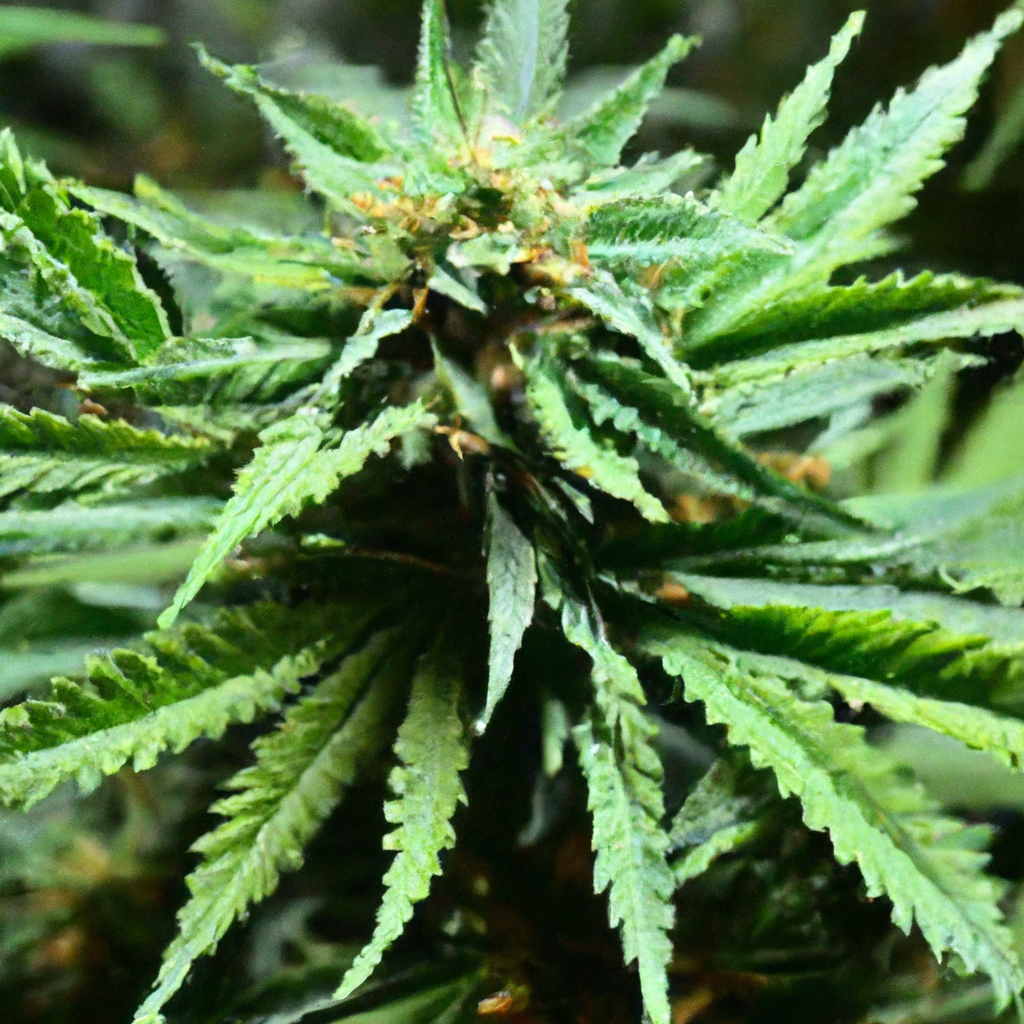
Cannabis cultivation is an art that benefits from integrating companion animals into the process, adding layers of natural pest control and enhanced soil health. Companion animals like ducks, chickens, and earthworms help manage pest populations, aerate the soil, and provide organic waste for fertilization, contributing to a thriving garden ecosystem. To effectively use this strategy,…
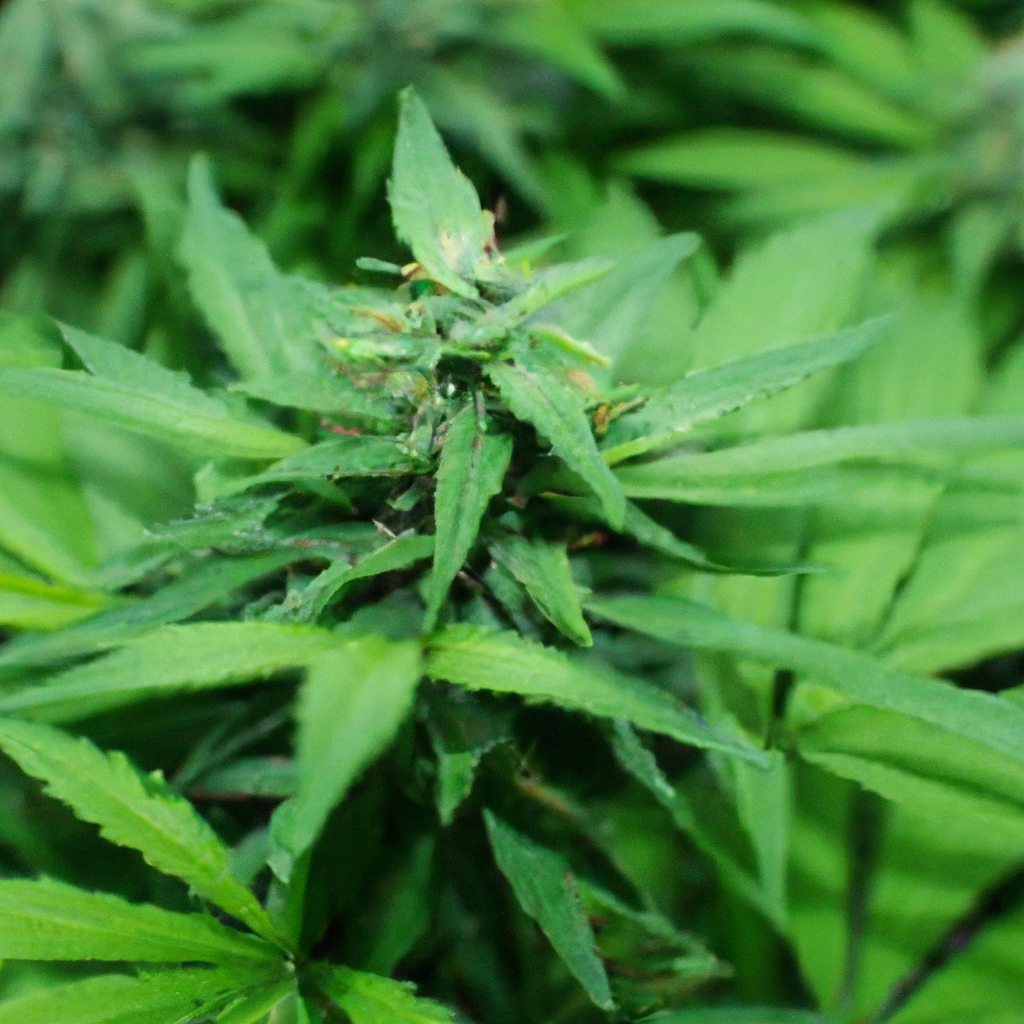
Organic cannabis cultivation promotes natural growth through eco-friendly practices, enhancing both environmental health and product quality. This guide highlights essential techniques such as using natural fertilizers, composting, and sustainable pest control, all of which contribute to robust plant health. Key components include building a thriving soil ecosystem through composting, cover cropping, and mulching; nurturing growth…
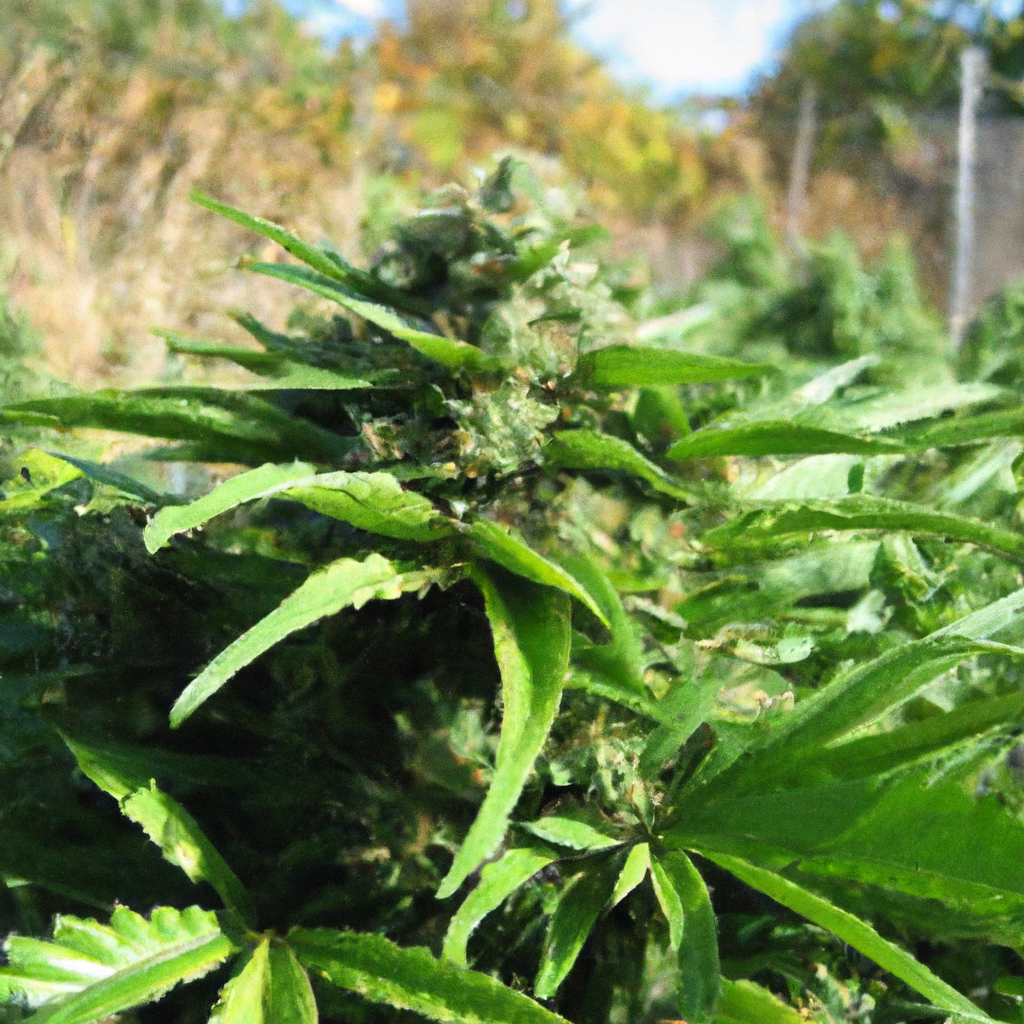
Organic cannabis cultivation preserves the environment and delivers a richer product. This article discusses techniques such as building a healthy soil ecosystem through composting, cover crops, and mulching. It advocates for natural fertilizers like neem cake and fish emulsion, and sustainable pest control methods, including companion planting and beneficial insects. The benefits of organic cannabis…

In the dynamic field of cannabis cultivation, carbon sequestration emerges as a promising technique for enhancing yields and promoting sustainability. This process involves capturing atmospheric CO2 and incorporating it into plant biomass, boosting growth while benefiting the environment. Strategies like companion planting, cover cropping, and biochar application improve soil health, increase yields, and reduce environmental…
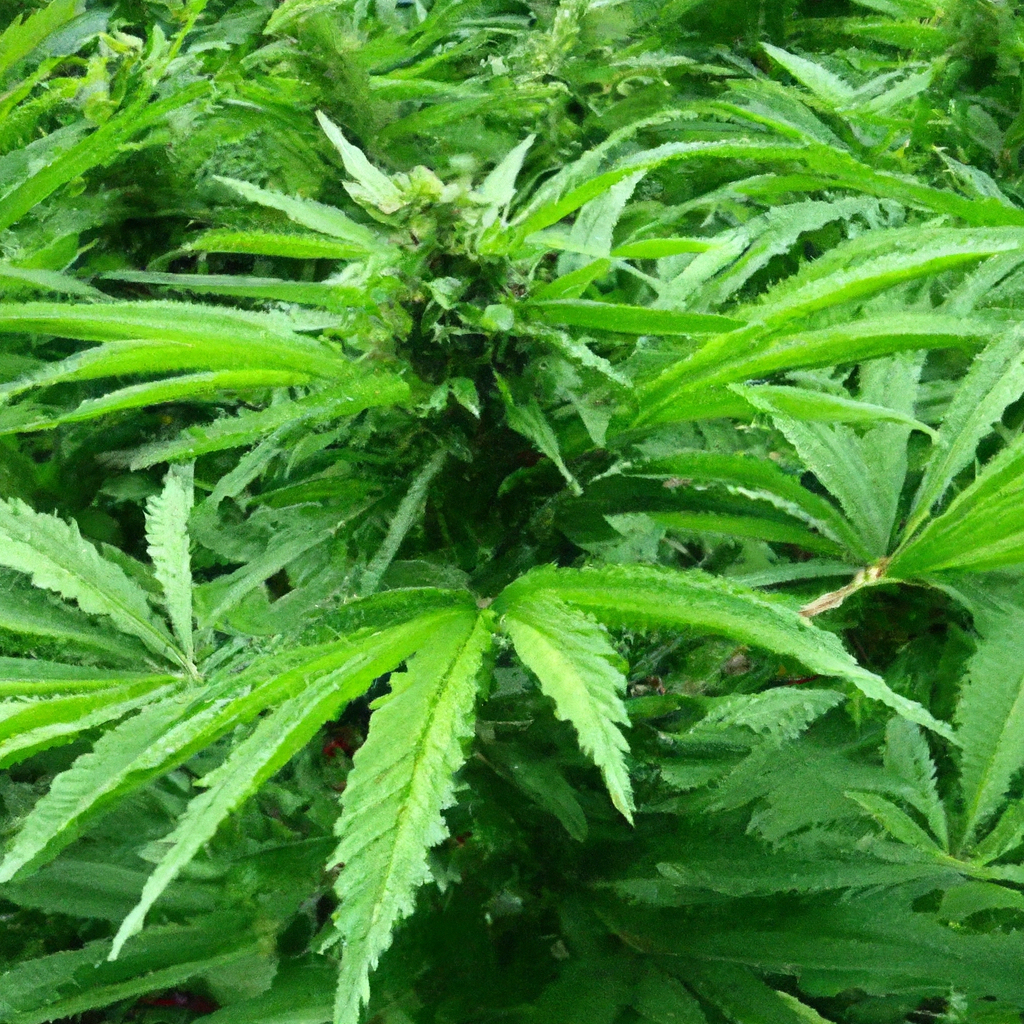
Organic cannabis cultivation focuses on sustainability, enhancing soil health while minimizing environmental impact. This guide outlines best practices for enriching soil ecosystems, utilizing natural fertilizers such as bone meal and fish emulsion, and employing sustainable pest control techniques like beneficial insects and companion planting. Emphasizing water conservation, renewable energy, and closed-loop systems further supports eco-friendly…
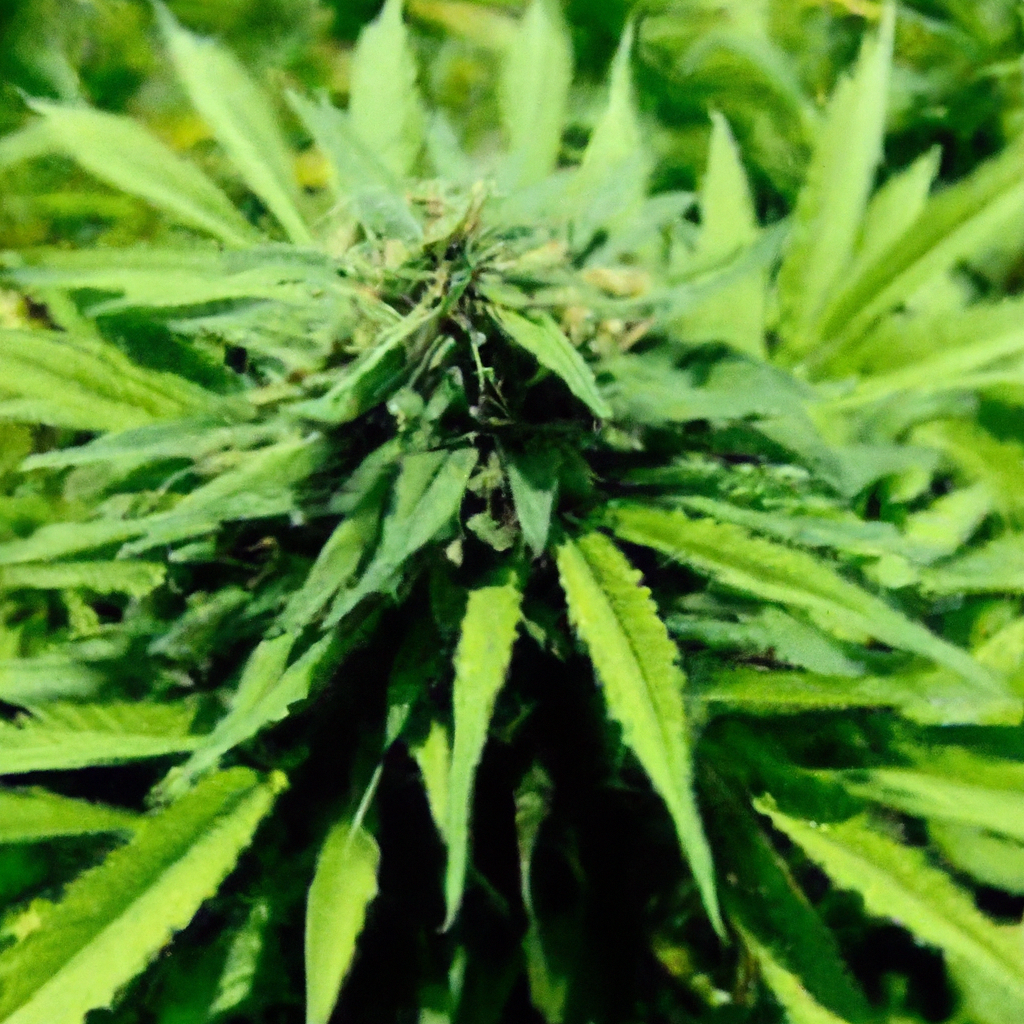
Embracing organic cannabis cultivation not only benefits the environment but also delivers purer products to consumers. This approach focuses on building healthy soil ecosystems through composting and cover cropping, using natural fertilizers like bat guano and worm castings, and managing pests with methods such as beneficial insects and neem oil. Additionally, sustainable practices like water…

Growing cannabis comes with challenges, particularly in managing pests that threaten plant health and yield. This post explores strategies to enhance pest resistance, starting with understanding common pests like spider mites and aphids. Key approaches include selecting pest-resistant strains, optimizing growing conditions, introducing beneficial insects, and using Integrated Pest Management (IPM). These methods collectively help…
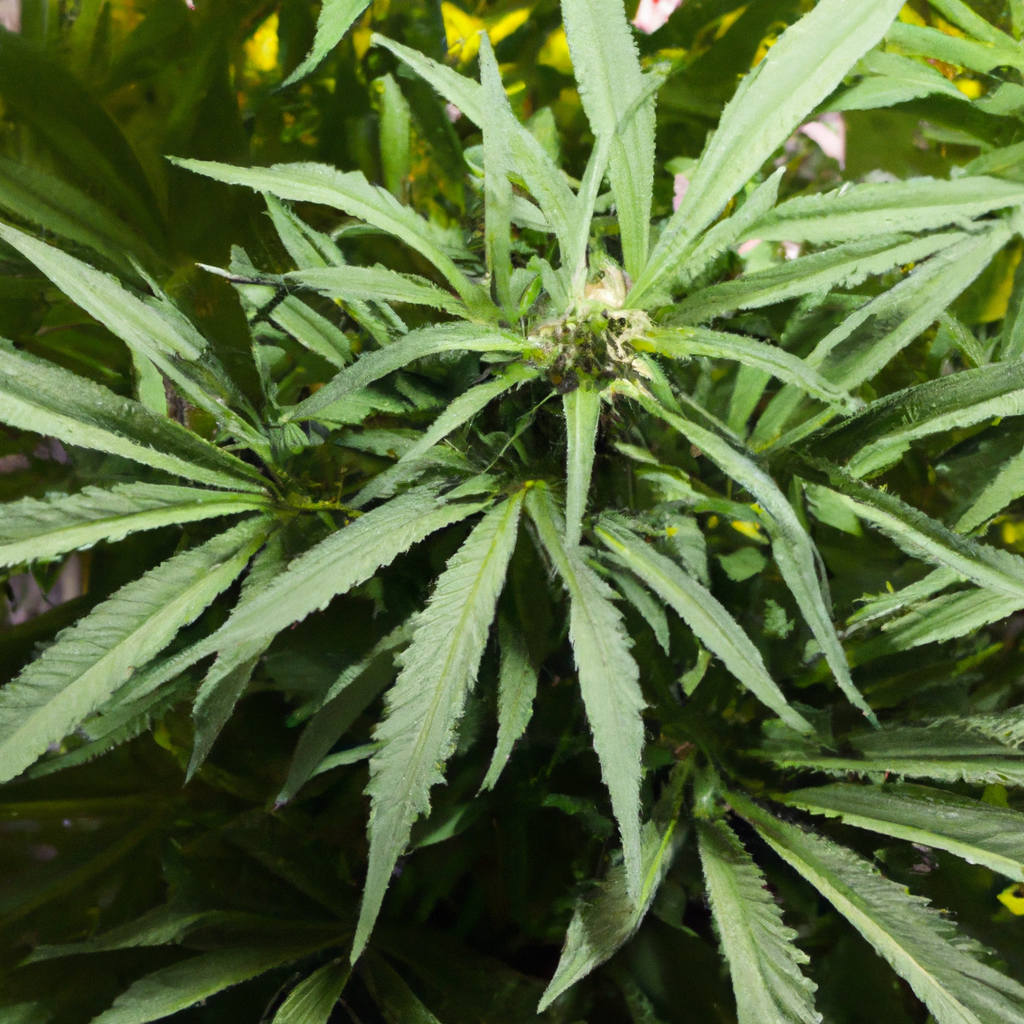
In the world of cannabis cultivation, balancing light and shade is essential for optimal plant growth and abundant harvests. Light is the primary energy source, influencing cannabis quality and yield through adjusted intensity and duration. However, shade plays a strategic role, particularly outdoors, by protecting plants from excessive sun, reducing water evaporation, and retaining humidity.…
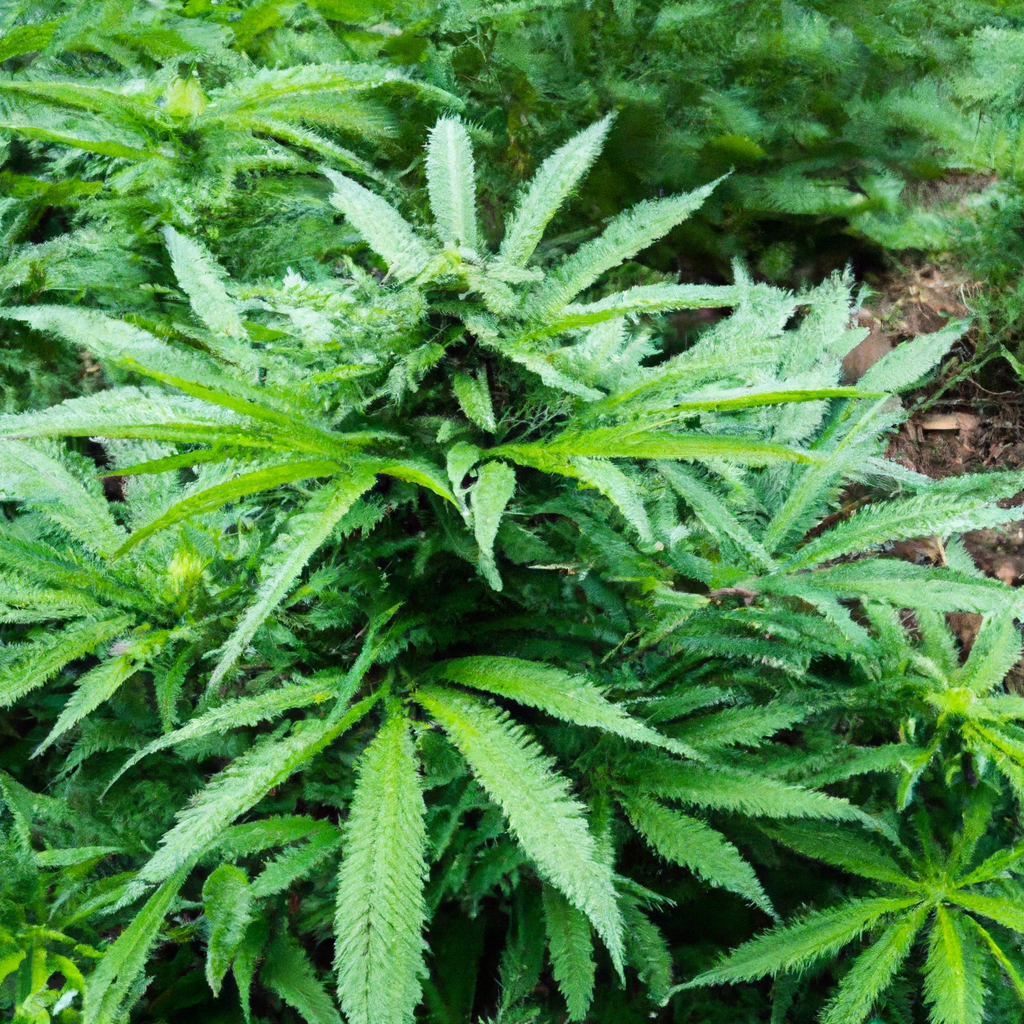
As the demand for organic cannabis grows, cultivators are turning to sustainable practices to nurture plants without synthetic chemicals. The guide highlights methods such as using natural fertilizers like compost, worm castings, and bone meal, and building healthy soil ecosystems through cover crops and crop rotation. Eco-friendly pest management through companion planting and beneficial insects…
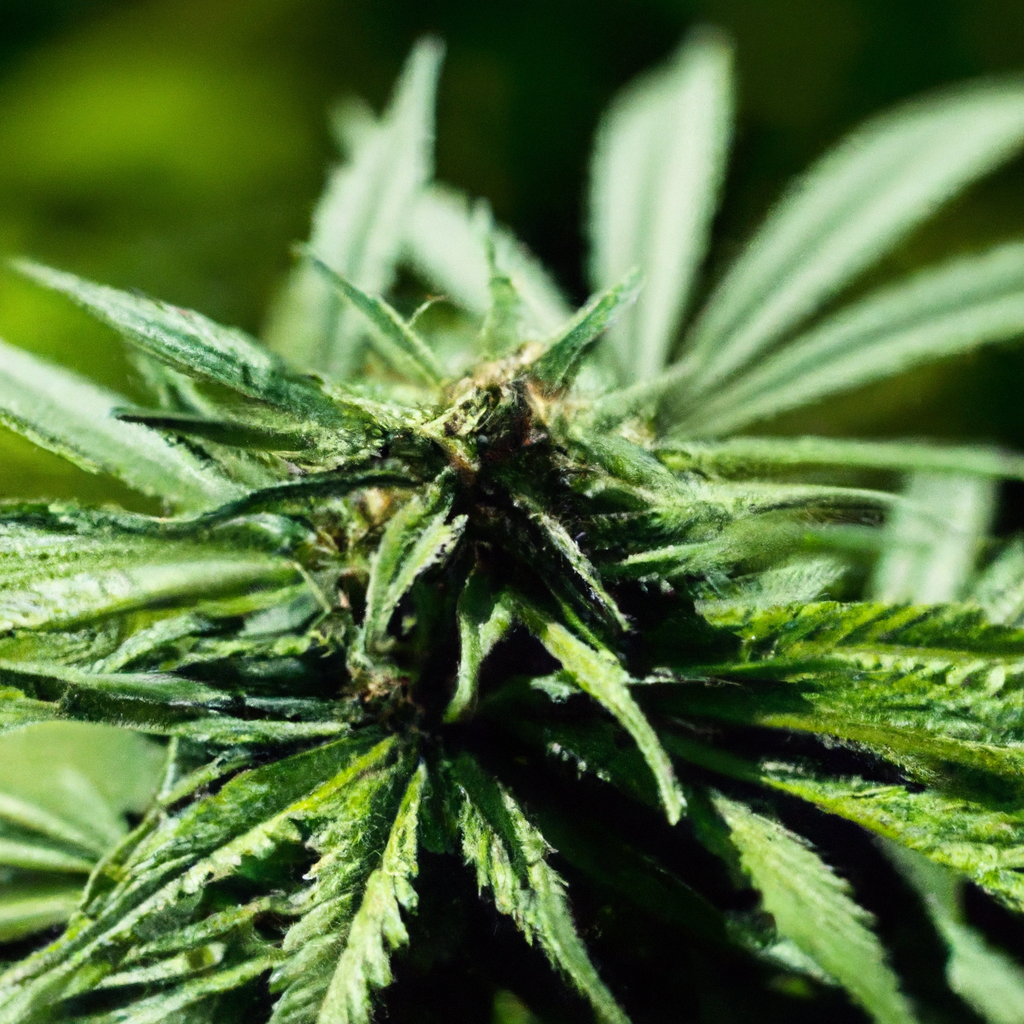
As the cannabis industry expands, understanding its intricate relationship with biodiversity is key for sustainable development. Cannabis cultivation, when managed responsibly, can positively impact biodiversity by providing habitat, attracting pollinators, and improving soil health. However, challenges such as deforestation, pesticide use, and high water demand pose risks. Adopting sustainable practices like integrated pest management, companion…
